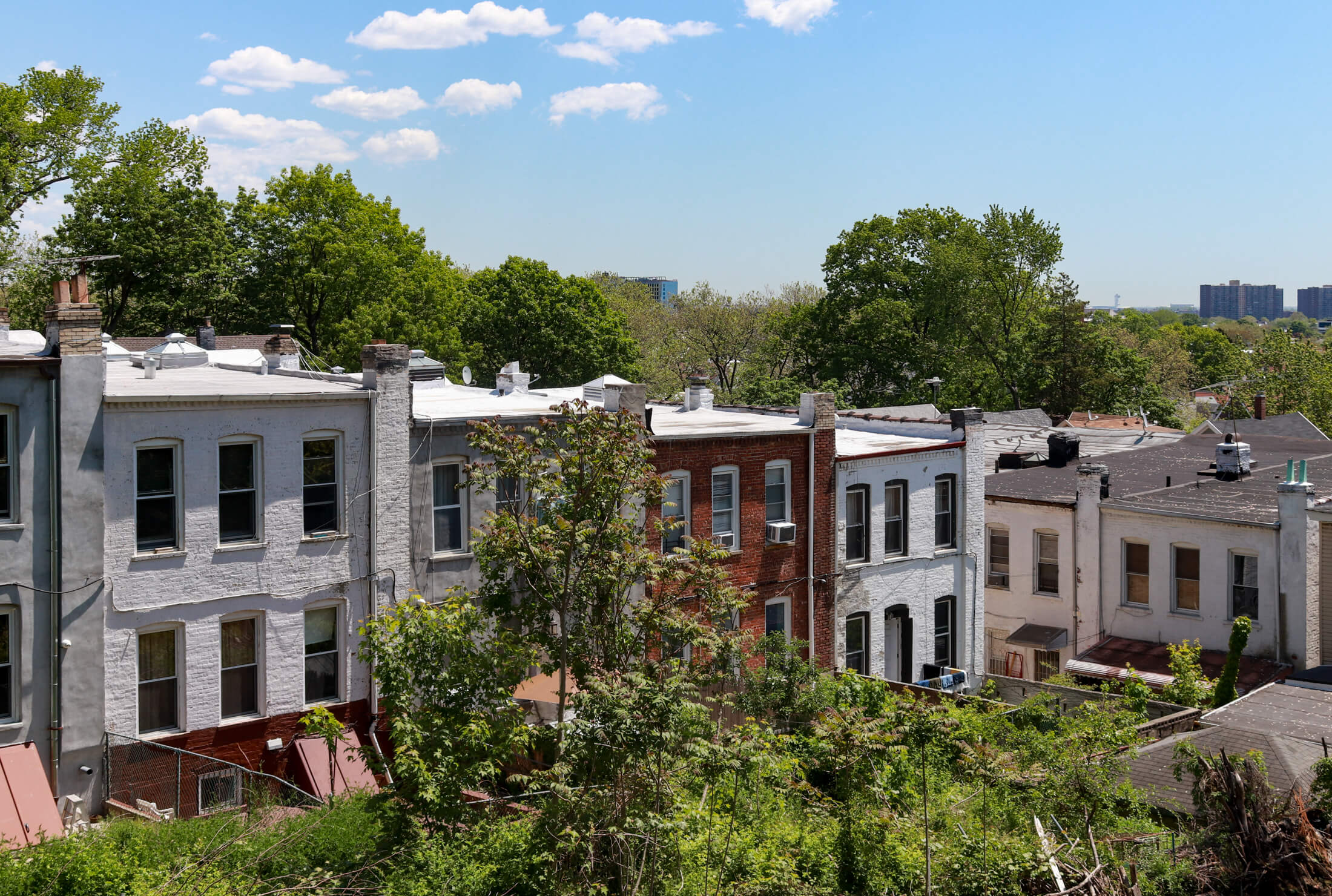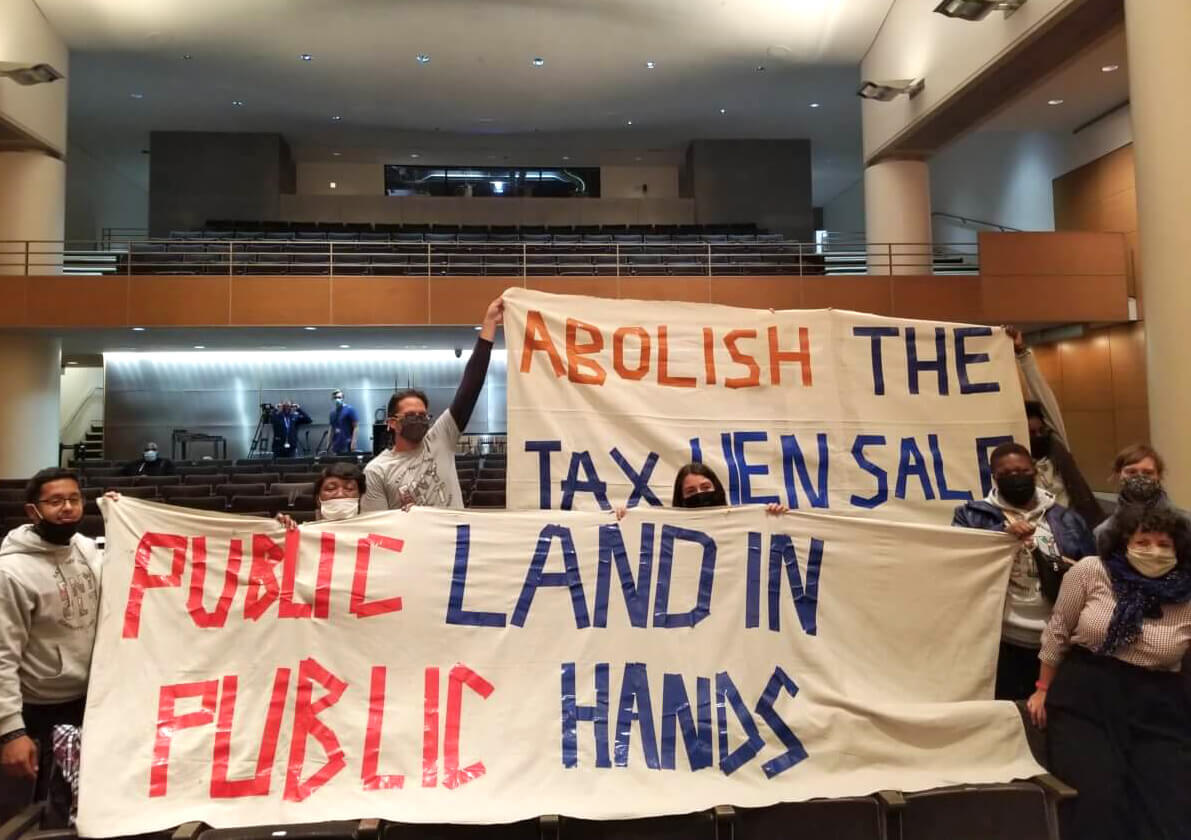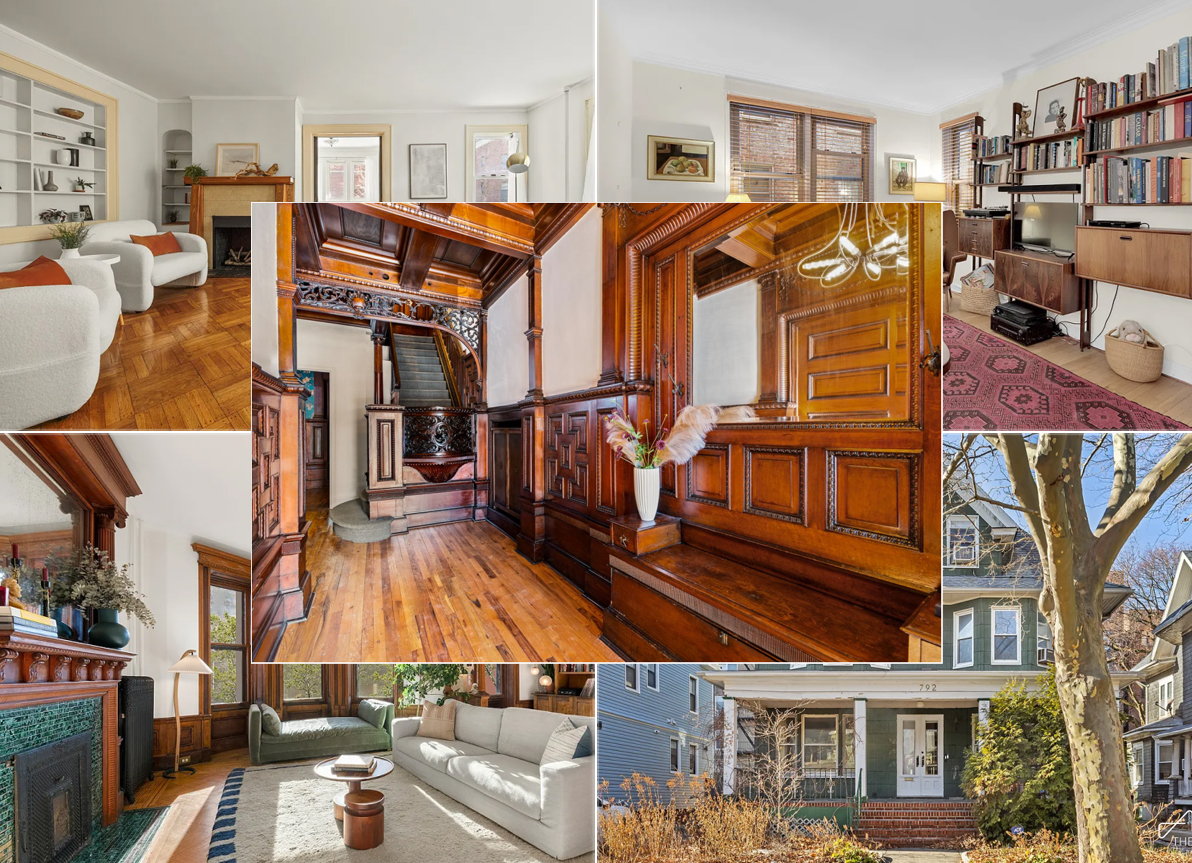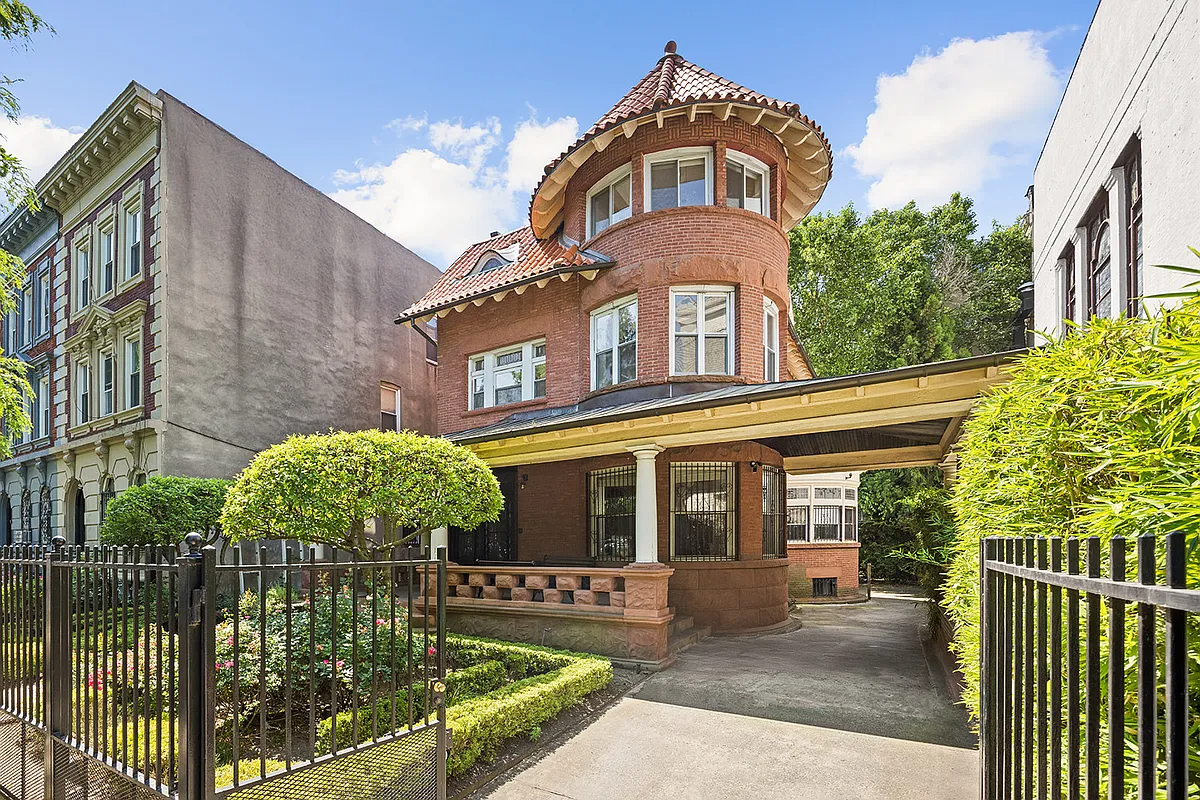Upcoming City Tax Lien Sale Puts Brooklyn Homeowners at Risk, Advocates Say
The tax lien sale, where the city sells homeowners’ delinquent tax debt to investors, can result in ballooning bills for homeowners and foreclosure sales.

Photo by Susan De Vries
As the city prepares to hold the controversial tax lien sale for the first time since before the pandemic hit, housing advocates are warning that the program disproportionately targets Brooklyn’s most vulnerable residents and are urging homeowners to check if their properties are on the sale list.
More than 26,500 properties are currently listed on the tax lien sale, which allows liens (a legal claim against a property when the owner hasn’t paid property tax, water, or emergency repair bills) to be sold off to a bank trust that then packages and resells them to private investors. The new lienholders are then allowed to charge steep interest rates and after one year of purchasing the lien can foreclose if the debt remains unpaid, forcing homeowners out of their houses. The 2018 sale resulted in the lien trust seeking more than 1,200 foreclosures, The City reported.
The sale has been long derided as predatory towards communities of color, particularly those who have built wealth through homeownership. Center for New York City Neighborhoods Deputy Director of Advocacy and Public Affairs Kevin Wolfe, who has been working to raise awareness of the May 20 sale, called it “definitely predatory” and said it has a “disproportionate impact on vulnerable communities in New York City.”
Central Brooklyn is particularly affected, Wolfe said, due to a number of homeowners being “house rich and cash poor.” He said neighborhoods with disproportionate numbers of smaller family homes represented on the sale list had typically been redlined in the past, and more recently had seen large hikes in property values and, in turn, taxes.
“Black homeowners are six times more likely to be on the tax lien sale than a comparable white homeowner. We see senior citizens are more likely to be on the tax lien sale. Most of the people that we encounter at our event outreach are low income or moderate income homeowners,” he said.
Often, he added, homeowners own their houses outright but don’t have the income to pay their taxes, saying “they’re punished for that and that is not at all an equitable solution for those homeowners.”

May’s sale will be the first in five years and many homeowners may be unaware of the fact their debts are up for sale, Wolfe said, or how to get their properties off the sale list. He urged homeowners to check the online list on the Department of Finance and get help if their property is on it. Homeowners can pay off their debt and clear their lien through the DOF website.
It can be confusing for homeowners that they have to pay the debt and clear the lien, he said, and he recommended homeowners call CNYCN for free legal, housing, and financial counseling that it offers with partners including Brooklyn Legal Services and TakeRoot Justice.
Over the past five years, the City Council has tweaked parts of the program to give homeowners more off-ramps, including programs for seniors, those with disabilities, and low-income earners, but Wolfe said more could be done.
CNYCN has called for the city to exclude taxes on one- to three-family family properties from the sale, as well as co-ops and condos, given he said they make up just over 20 percent of the city’s tax revenue, but make up around 40 percent of the sale list.
“We think that there’s a difference between a big commercial landlord or a slumlord who’s not paying their taxes, and a homeowner where this is where they live. This is all they have. We think that they should be treated differently.”
Though the city argues the sale helps protect its bond rating, CNYCN counters there is enough value in commercial properties and big landlords “that they can shoulder that burden.”
“One of the glaring situations that you have is the commodification of tax debt, it’s supposed to be a civic duty, but it’s turned into this sort of commodity,” he said, adding the sale in itself was only introduced during the Giuliani era.
Wolfe added that another risk homeowners face with the sale is the public nature of the list, which he said leaves the door open for scammers and is part of the reason why central Brooklyn suffers such high levels of deed theft. He advised homeowners to “be very skeptical of anyone offering you money. If it sounds too good to be true, it probably is…these are all reasons why we want to see a very different system when it comes to how we handle tax debt in New York City.”

Nanthale Collins, a lifelong East New York resident, has been knocking on doors and educating her neighbors about the sale and its impact on the neighborhood — which she said includes a “tremendous” number of properties — as part of East New York Community Land Trust’s canvassing efforts.
She said part of that is making sure homeowners don’t sign anything that they don’t fully understand and alerting them to the public nature of the list and how scammers might “start to target you, to try to take your home away from you, flip it, and continue to gentrify East New York”
“Instead of the city putting people on the sale list and trying to sell their debt off, they should use that same effort and put it into showing these homeowners how to get off of it,” she said.
Collins said ENYCLT, which has been fighting for years to have the sale abolished, has had boots on the ground for months educating homeowners that while their bills might be paid, they still need to address the lien. The group is also trying to reach tenants whose landlords might be on the list, and give them the resources they need to address that or ultimately fight negligent landlords for building ownership.
ENYCLT is also part of the broader Abolish the Tax Lien Sale Coalition, which includes a citywide coalition of community land trusts, housing advocacy organizations, and nonprofit developers. The coalition recently held a community briefing offering resources to homeowners. A video recording of the meeting is available online.
Related Stories
- Controversial Tax Lien Sale Legislation Expires, Leaving Future Unclear
- Learn How to Remove Your Property From the Tax Lien List
- East New York Community Land Trust Pushes for End to Tax Lien Sale at Racial Justice Hearing
Email tips@brownstoner.com with further comments, questions or tips. Follow Brownstoner on Twitter and Instagram, and like us on Facebook.





NYC 1- and 2-family property tax is some of the lowest in the nation. Pay your bills!